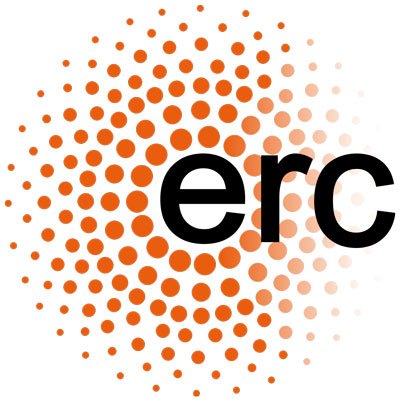
Field: Spectroscopy
Research: Surface Enhanced NMR Spectroscopy
Project
The ability to determine molecular structures from single crystals by diffraction methods has transformed science. However, if the system under investigation is located at a surface, the problem of structure elucidation is largely unsolved. Due to the increasing frequency with which such samples are encountered, particularly in the area of new materials for energy and catalysis, there is a critical need for the development of new methods for structure characterization of surfaces. Nuclear magnetic resonance (NMR) spectroscopy would be the method of choice for characterizing surfaces were it not that the detection limit is far too low to allow many modern materials to be examined. The sensitivity of NMR thus poses the major limitation to surface characterization. We recently introduced a new approach using Dynamic Nuclear Polarization (DNP) to enhance surface NMR signals. The project will capitalize on this new concept and develop DNP surface enhanced NMR spectroscopy (DNP SENS) through a series of new concepts to address the following challenges: (i) to characterize materials with surface areas three orders of magnitude lower than currently, specifically to detect surface NMR signals from materials with surface areas of ~1 m2/g, rather than ~1000 m2/g today; and (ii) to determine structure-activity relationships in advanced functional materials, specifically by developing NMR correlation methods capable of determining structure and dynamics of surface species in conjunction with DNP SENS. These objectives require a gain in DNP SENS sensitivity of three orders of magnitude, and we propose to do this through innovative NMR experiments, better DNP enhancements, isotopic labeling, and high magnetic fields. The approaches go well beyond the frontier of current research. The project will yield a broadly applicable method for structural characterization of complex surfaces not previously available by any other approach, resulting in new chemistry and chemical processes.
Max ERC Funding
3 449 400 €
Duration
Start date: 2013-01-01, End date: 2017-12-31
ERC Advanced Grant
ERC Advanced Grants support excellent and investigator-initiated research projects by leading advanced researchers of any nationality. Applicants may be at any stage of their research career if they have a track-record of significant research achievements of the last 10 years.
Depending on their individual research field, applicants will be expected to match the following benchmarks: publications as senior author in major international journals, (translated) monographs, patents, conference presentations, research expeditions, involvement in the organization of international conferences, and recognition through scientific prizes/awards or memberships in well-recognised academies.







 Anne Lesage
Anne Lesage